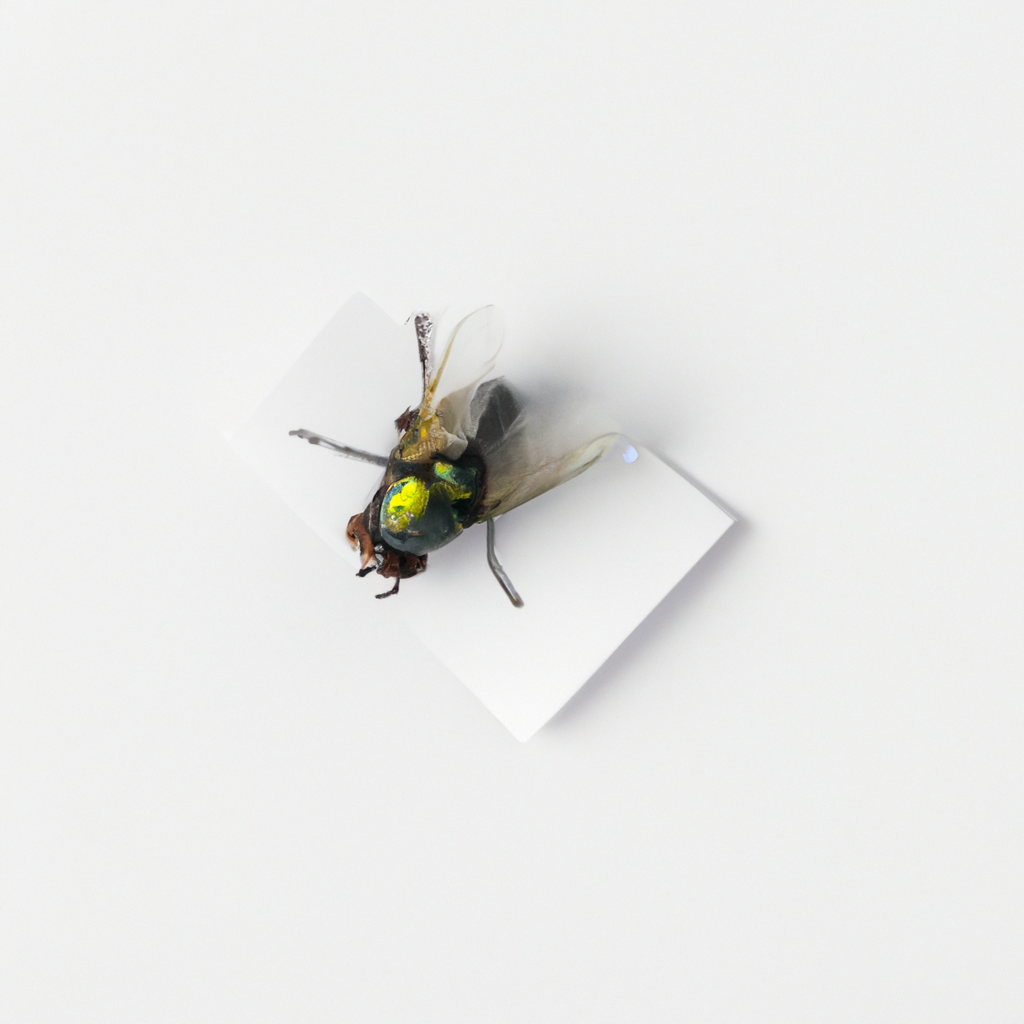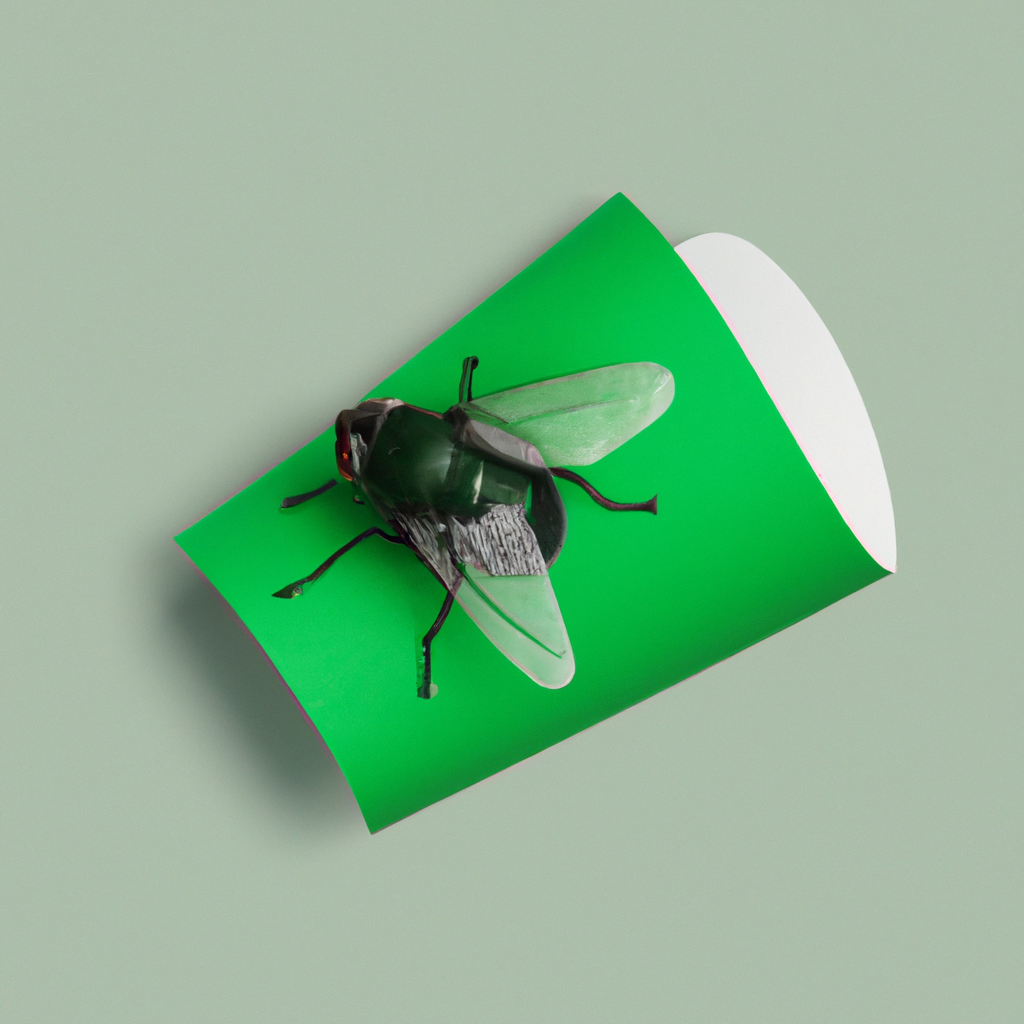Flies buzzing around your home can be a real nuisance, especially when they start making themselves at home and laying eggs. But fear not, because in this article, you’ll discover some simple yet effective tips on how to prevent flies from turning your house into their own personal breeding ground. From keeping your doors and windows tightly sealed to implementing proper waste management practices, you’ll soon be enjoying a fly-free home where eggs are nowhere to be found. So sit back, relax, and let’s dive into the world of fly prevention together!
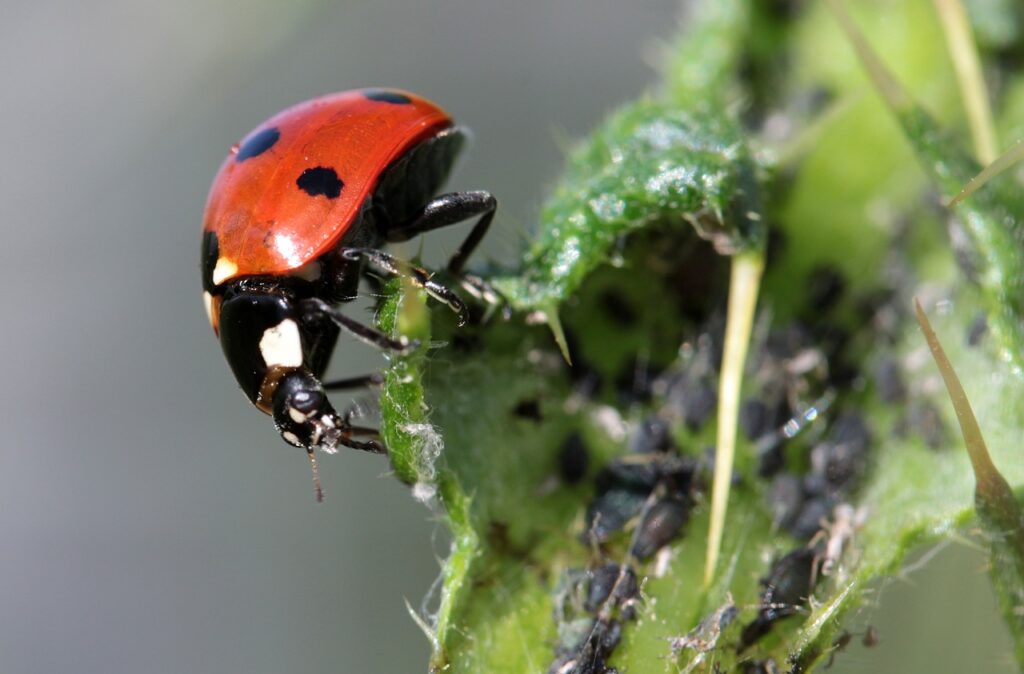
Methods for Preventing Fly Infestation in Your House
Flies can be a nuisance in any home, buzzing around and spreading germs. However, with a few preventative measures, you can keep these pesky insects at bay and maintain a clean and fly-free environment. By following these simple methods, you can significantly reduce the chances of a fly infestation in your house.
Keep Your House Clean
One of the fundamental steps in preventing fly infestation is to keep your house clean. Flies are attracted to dirt, food scraps, and other organic matter, so it’s essential to maintain a clean living space. Here are some tips to help you keep your house clean and unattractive to flies:
Remove Food Scraps
It’s crucial to remove food scraps from your kitchen and dining areas regularly. Flies are attracted to uncovered food and food residue, so make sure to clean up any leftover crumbs or spilled food promptly.
Clean Spills Immediately
When spills occur, it’s crucial to clean them up immediately. Wipe down countertops, tables, and floors to prevent any residue that might attract flies.
Wipe Countertops and Surfaces Regularly
Flies are notorious for landing on kitchen countertops and other surfaces. By regularly wiping down these areas, you reduce the chances of flies finding any remnants of food or other attractive substances.
Vacuum and Mop Floors
Flies can often be found around dirty floors, especially if there are crumbs or food particles. Vacuuming and mopping your floors regularly can help eliminate any potential food sources for flies.
Wash Dishes and Utensils Promptly
Leaving dirty dishes and utensils in the sink can attract flies. Make it a habit to wash dishes and utensils immediately after use to prevent flies from being enticed by food residue.
Dispose of Garbage Properly
Flies are not only attracted to food but also to garbage and waste materials. Proper disposal of garbage is essential to prevent a fly infestation in your home. Here are some guidelines to help you dispose of garbage properly:
Use Closed Trash Bins
When throwing away your garbage, make sure to use closed trash bins. Flies are drawn to the scent of decomposing waste, so keeping it contained within a closed bin will deter them from coming inside.
Empty Trash Regularly
It’s important to empty your trash bins regularly, especially if you dispose of food scraps or other organic waste. Regularly removing the garbage from your house will minimize the chances of flies being attracted to it.
Clean Trash Bins Frequently
Even with closed bins, it’s important to clean them regularly to eliminate any lingering odors that may attract flies. Rinse and sanitize your trash bins on a regular basis using a mixture of water and disinfectant.
Avoid Leaving Trash Bags Outside
Leaving trash bags outside your house can be an open invitation for flies to come in and lay their eggs. Ensure that you dispose of all trash bags in sealed bins or take them directly to the designated garbage collection area.
Seal Cracks and Openings
Flies can enter your house through small cracks and openings, so it’s important to seal them properly. By preventing their entry points, you can significantly reduce the chances of fly infestation in your home. Consider the following steps to seal cracks and openings in your house:
Inspect and Seal Cracks
Regularly inspect your house for any visible cracks or gaps that could serve as entry points for flies. Use caulk or another appropriate sealing material to seal these openings effectively.
Seal Gaps Around Doors and Windows
Pay close attention to the gaps around doors and windows, as these are common areas where flies can enter your house. Install weatherstripping or use door sweeps to seal these gaps and prevent fly access.
Check and Repair Window Screens
Check your window screens for any tears or holes that flies can squeeze through. Repair or replace damaged screens to create a barrier that keeps flies out while allowing fresh air to circulate freely.
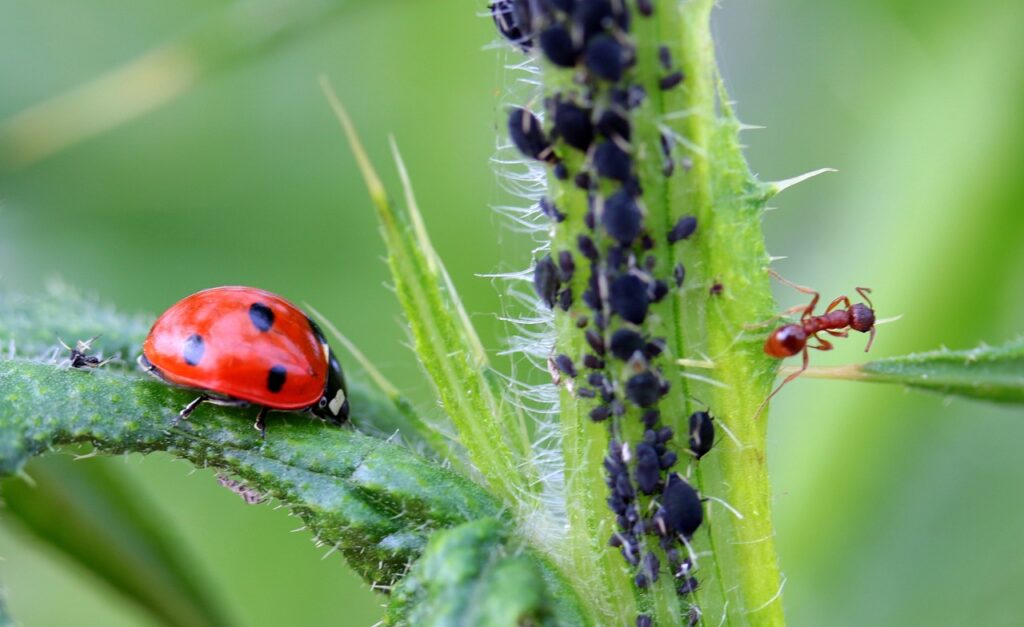
Install Window Screens
Installing window screens is another effective method to prevent fly infestation in your house. Here’s how you can go about it:
Measure and Purchase Properly-Fitting Screens
Before purchasing window screens, measure the dimensions of your windows accurately. This will ensure that you buy screens that fit snugly and provide complete protection against flies.
Install Screens on Windows and Doors
Once you have obtained properly fitting screens, install them on all your windows and doors. This will create a barrier that prevents flies from entering your house while still allowing fresh air to flow in.
Repair or Replace Damaged Screens
Regularly check your window screens for any damages, such as tears or holes. Repair or replace damaged screens promptly to maintain their effectiveness in keeping flies out.
Use Fly Repellents
Fly repellents can be an effective tool in deterring flies from entering your home. Consider the following options:
Use Commercial Fly Repellent Sprays or Traps
Commercial fly repellent sprays or traps are readily available in most stores. These products contain chemicals that repel flies, providing you with an additional layer of defense against these pesky insects.
Try Natural Repellents like Essential Oils
If you prefer a more natural approach, you can use essential oils as fly repellents. Flies are repelled by scents such as peppermint, lavender, and eucalyptus. Mix a few drops of these oils with water and spray the solution in areas where flies are common.
Use Flypaper Strips
Flypaper strips are adhesive sheets that attract and trap flies. Hang them in areas where flies are frequently seen, such as near windows or other entry points. The flies will be lured to the sticky surface and become trapped.
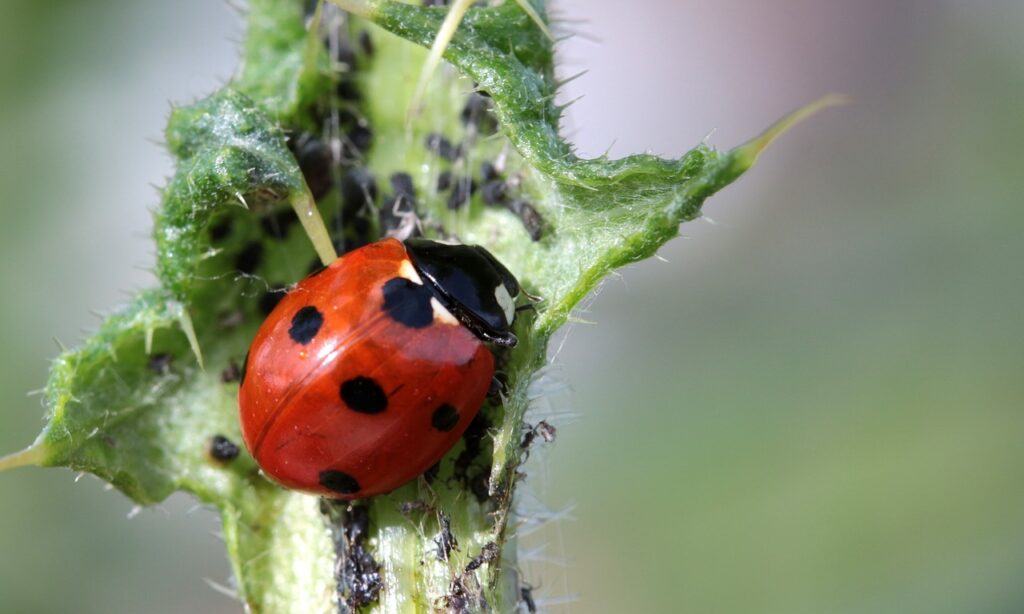
Eliminate Standing Water
Flies are attracted to stagnant water, which serves as a breeding ground for them. By eliminating standing water in and around your house, you can significantly reduce the fly population. Take the following measures to eliminate standing water:
Remove Standing Water Indoors
Regularly check your house for any sources of standing water, such as leaky faucets or clogged drains. Repair any leaks and ensure proper drainage to prevent flies from breeding.
Empty and Clean Pet Water Bowls Regularly
If you have pets, regularly empty and clean their water bowls to prevent stagnant water from attracting flies. Fill the bowls with fresh water daily to discourage flies from laying eggs.
Ensure Proper Drainage around Your House
Check the drainage system around your house to ensure that water is flowing away from your property. Proper drainage prevents the accumulation of water that can serve as a breeding ground for flies.
Cover Rainwater Collection Containers
If you collect rainwater, make sure to cover the containers with a tight-fitting lid. This prevents flies from accessing the water and laying eggs.
Remove Rotting Fruits and Vegetables
Flies are particularly attracted to rotting fruits and vegetables. By promptly removing these food sources, you can deter flies from infesting your home. Here’s what you can do:
Check and Discard Overripe Produce
Regularly check your fruit and vegetable storage areas for any overripe or moldy produce. Discard these items in sealed bags or containers to prevent flies from being attracted to them.
Clean Up Fallen Fruits from Trees
If you have fruit trees in your yard, ensure that you clean up any fallen fruits promptly. These fruits can ferment and become a breeding ground for flies.
Store Fruits and Vegetables in the Refrigerator
To prevent fruits and vegetables from ripening too quickly, store them in the refrigerator. This not only extends their shelf life but also creates a less appealing environment for flies.
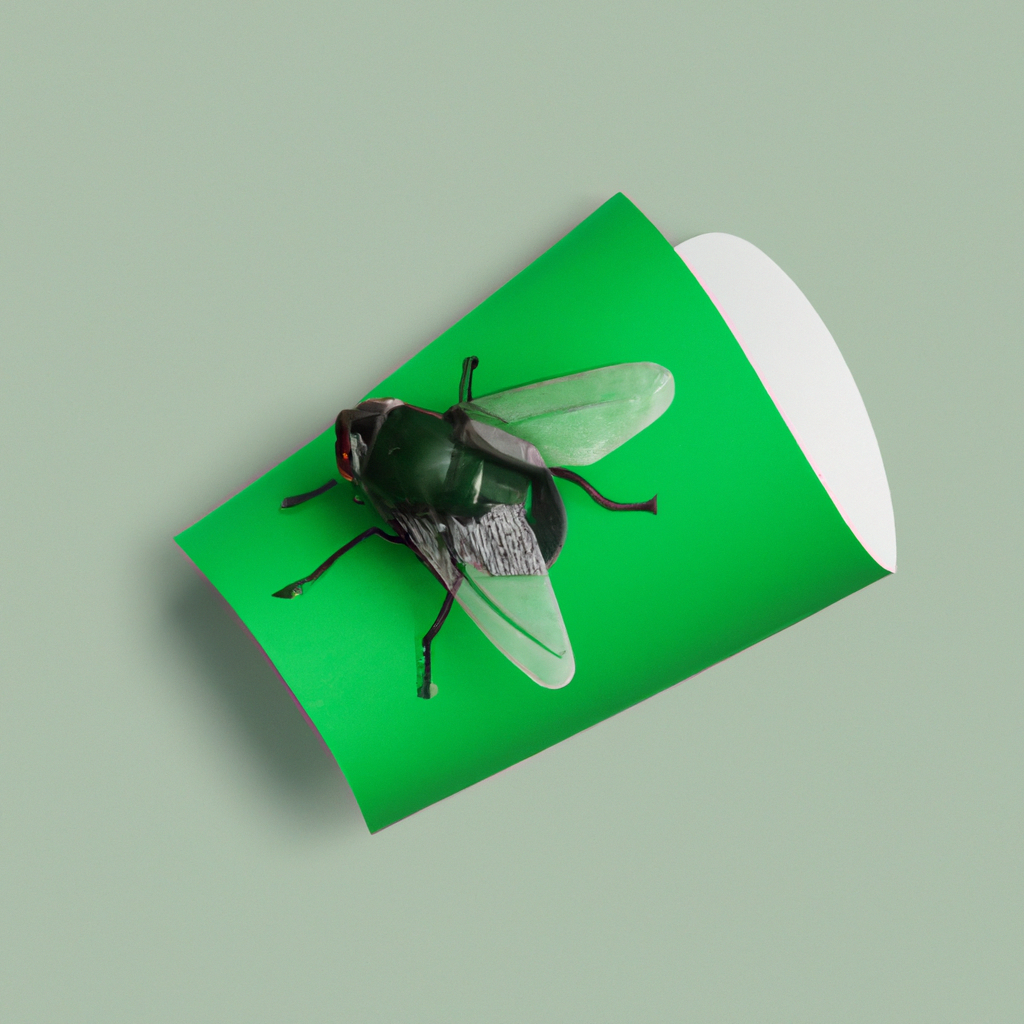
Clean Pet Waste Immediately
Pet waste, particularly from cats and dogs, can attract flies if not cleaned up promptly. To prevent flies from being lured into your home, follow these steps:
Regularly Clean Pet Litter Boxes
If you have cats, regularly clean their litter boxes to remove any waste that may attract flies. Dispose of the waste in sealed bags and take it outside to prevent flies from being enticed indoors.
Pick Up Pet Waste from Outdoor Areas
When walking your dog or allowing your pet to roam outside, be sure to pick up their waste immediately. Flies are attracted to pet waste, so disposing of it promptly will help deter them.
Dispose of Pet Waste Properly
When disposing of pet waste, use sealed bags and place them in designated trash bins. This ensures that flies are unable to access the waste and lay eggs.
Control Indoor Temperature and Humidity
Flies are more attracted to warm and humid environments. By controlling the temperature and humidity levels in your house, you can make it less appealing to flies. Consider the following steps to maintain comfortable conditions:
Maintain Proper Ventilation
Ensure that your house is adequately ventilated to promote proper air circulation. Stagnant air and high humidity levels can attract flies, so opening windows or using exhaust fans can help keep them at bay.
Use Fans or Air Conditioners
During the warmer months, using fans or air conditioners can help keep your house cool and dry. Flies are less likely to be attracted to a comfortable and well-ventilated environment.
Reduce Humidity Levels
If your house tends to be humid, consider using dehumidifiers or other moisture-absorbing products to reduce humidity levels. Dry air is less attractive to flies and can deter them from infesting your home.
By implementing these effective methods for preventing fly infestation, you can ensure that your house remains clean and free from these bothersome insects. Remember, maintaining proper hygiene, sealing potential entry points, and removing attractants are the key steps to a fly-free environment.
